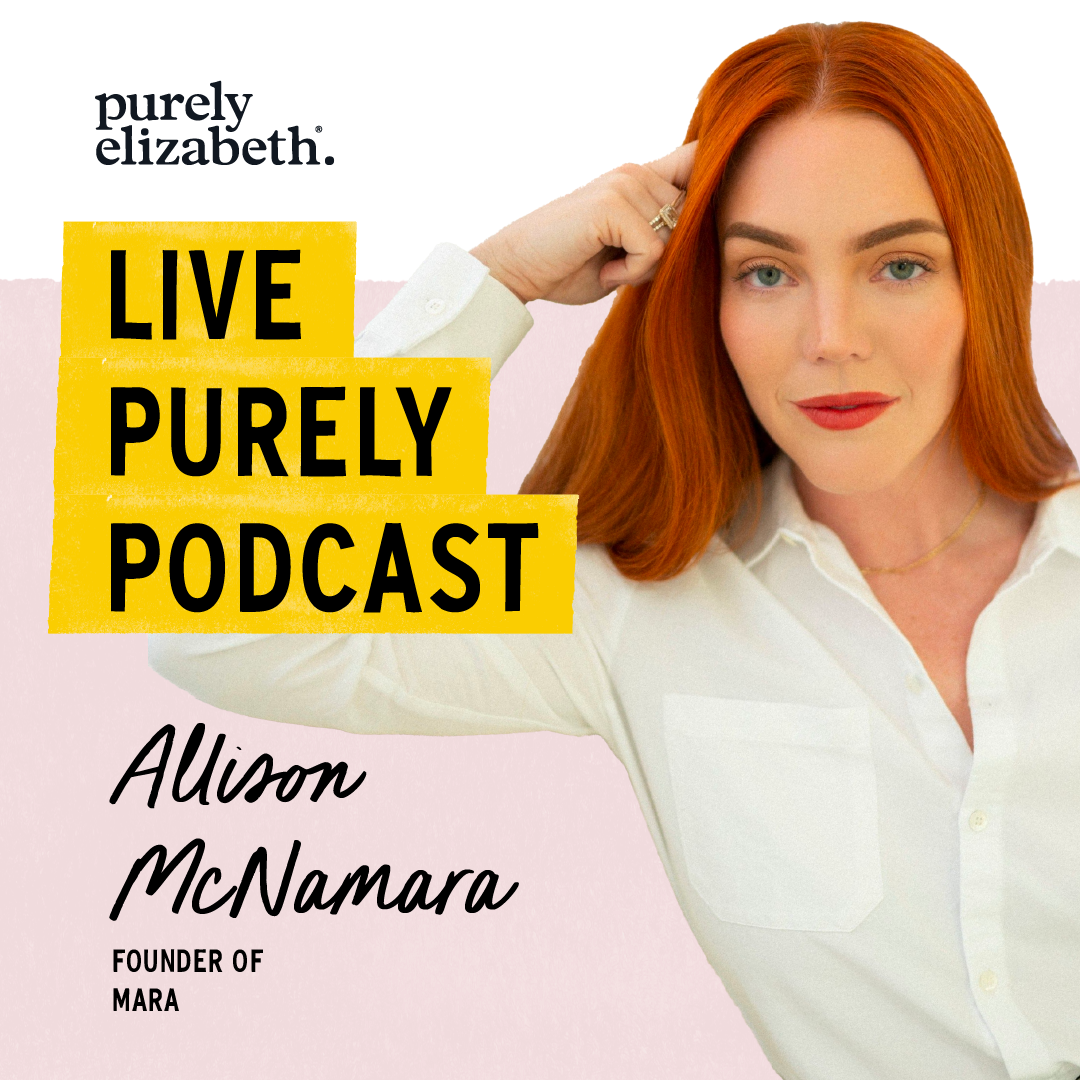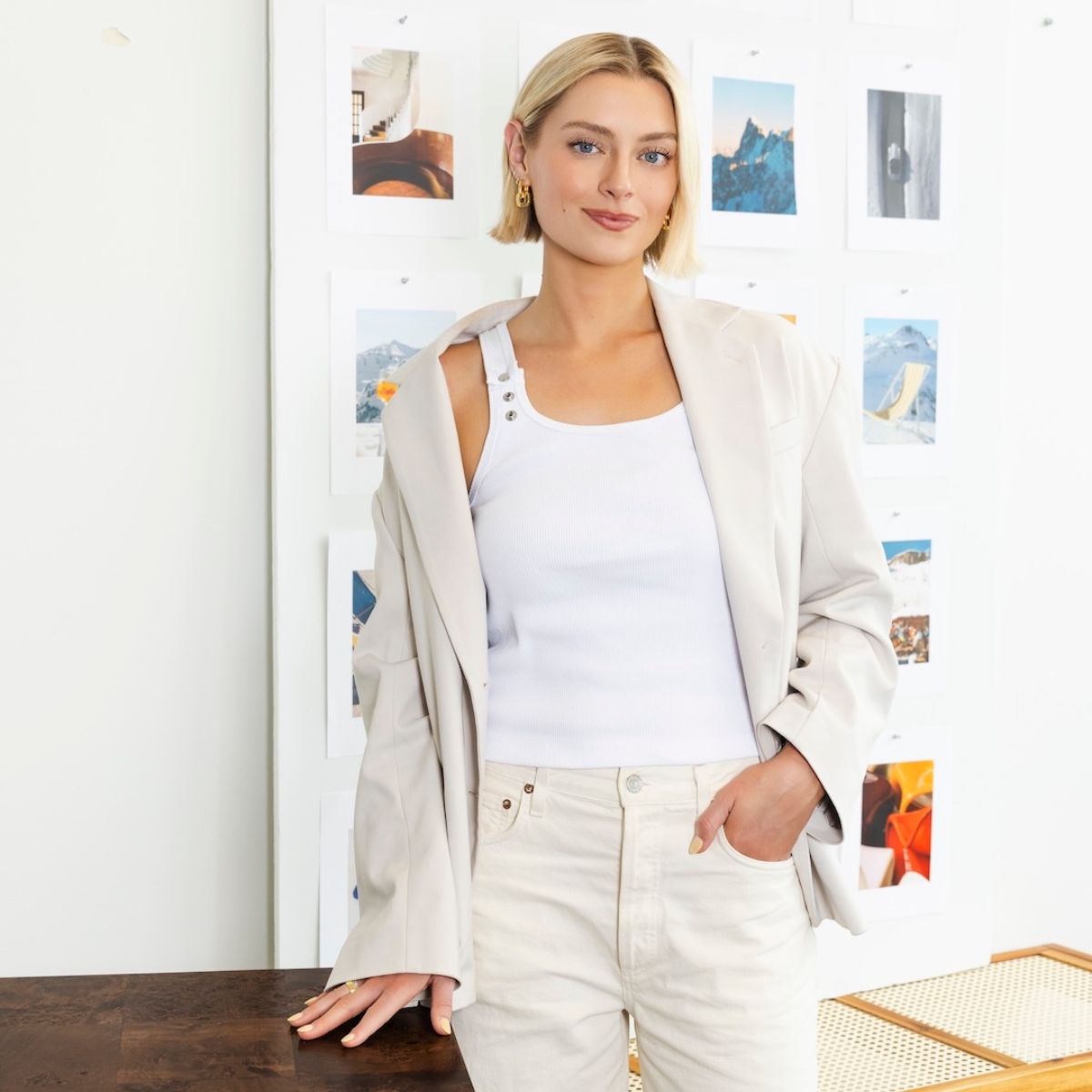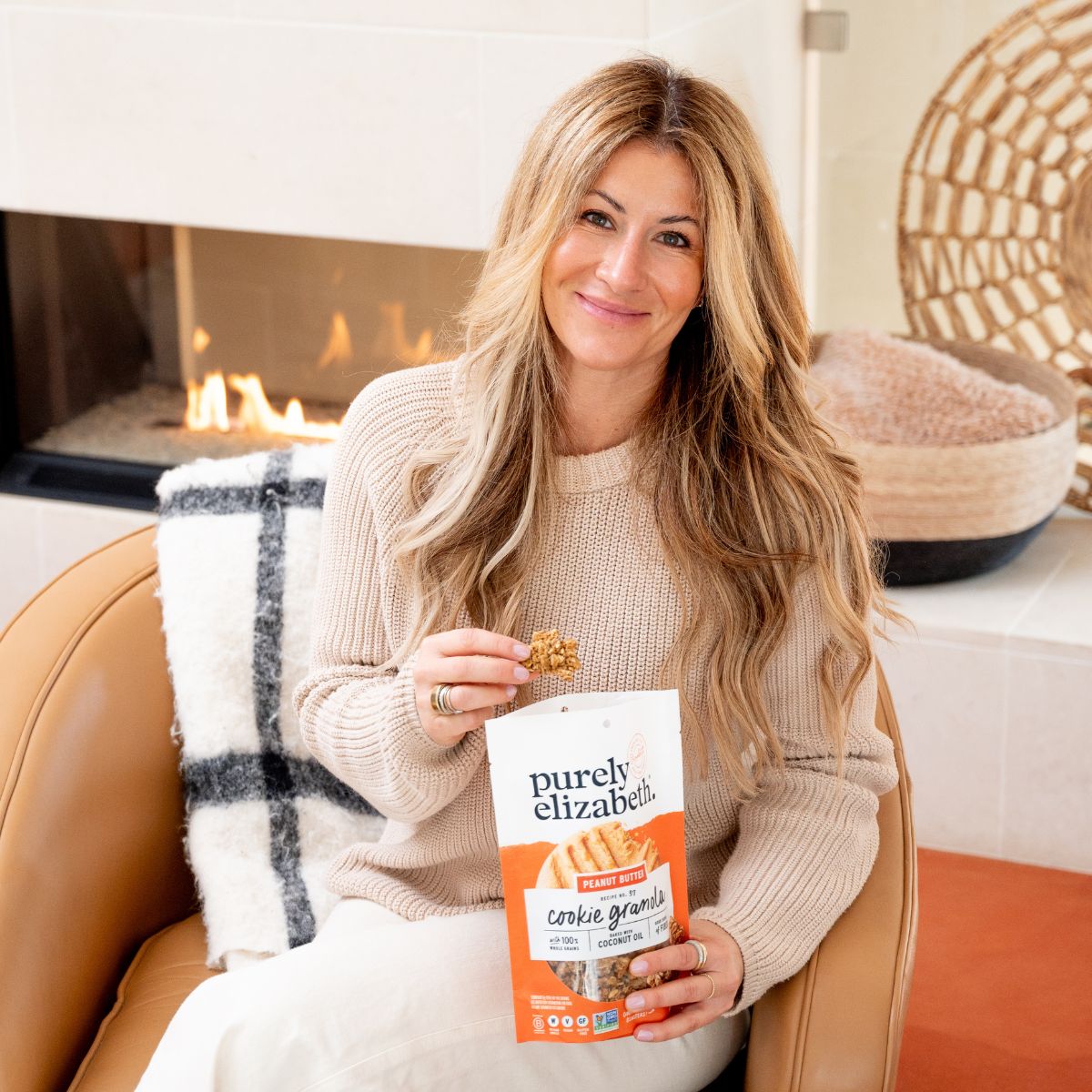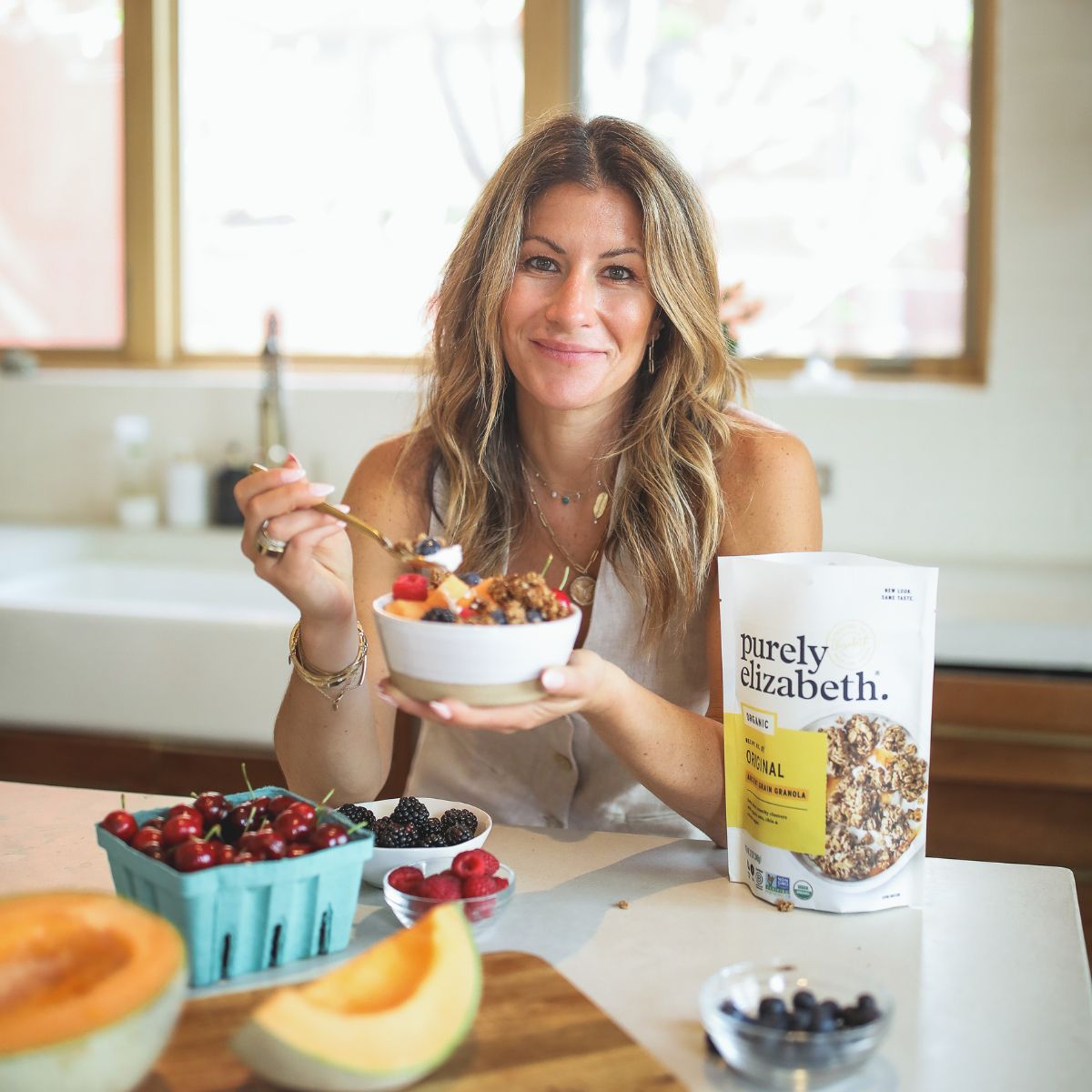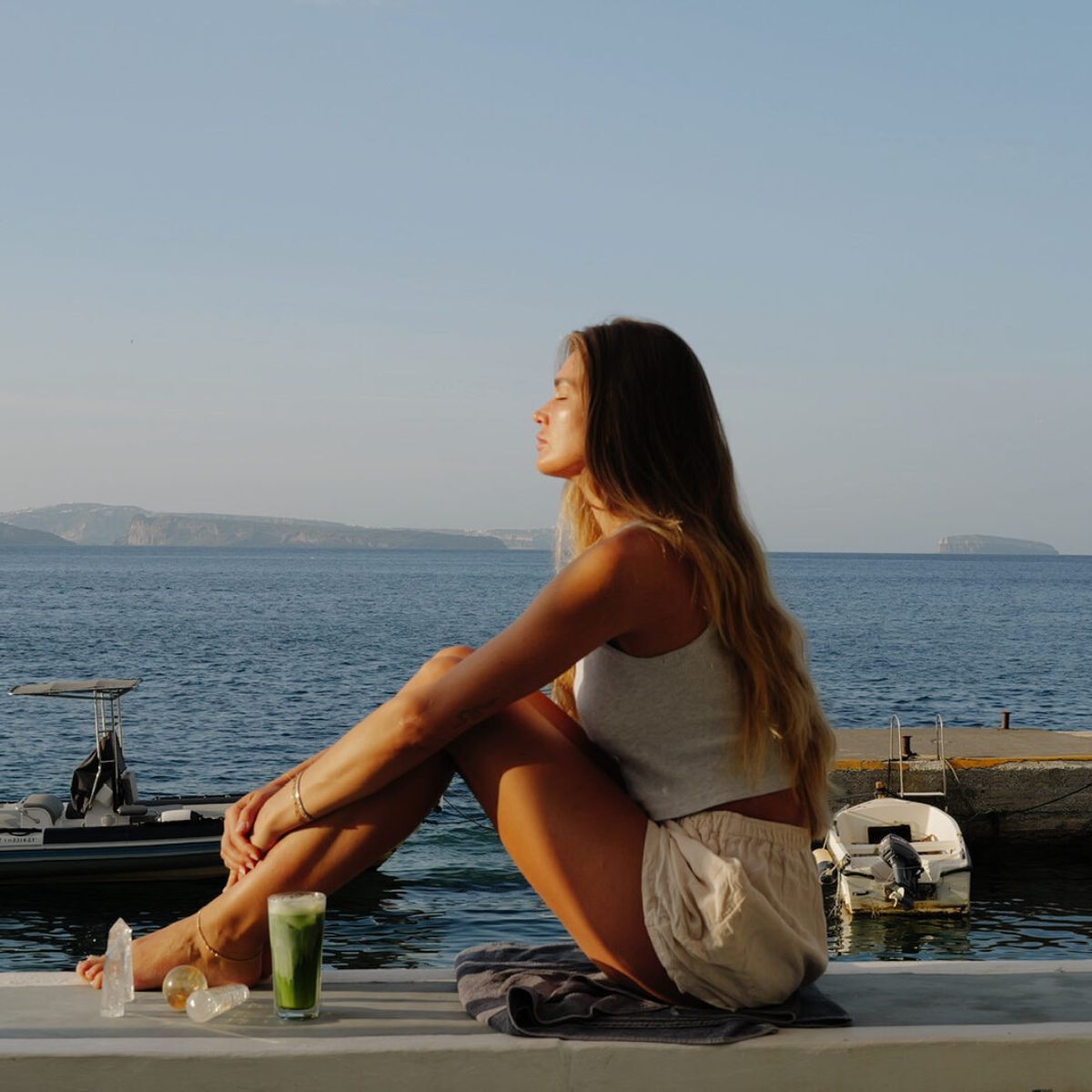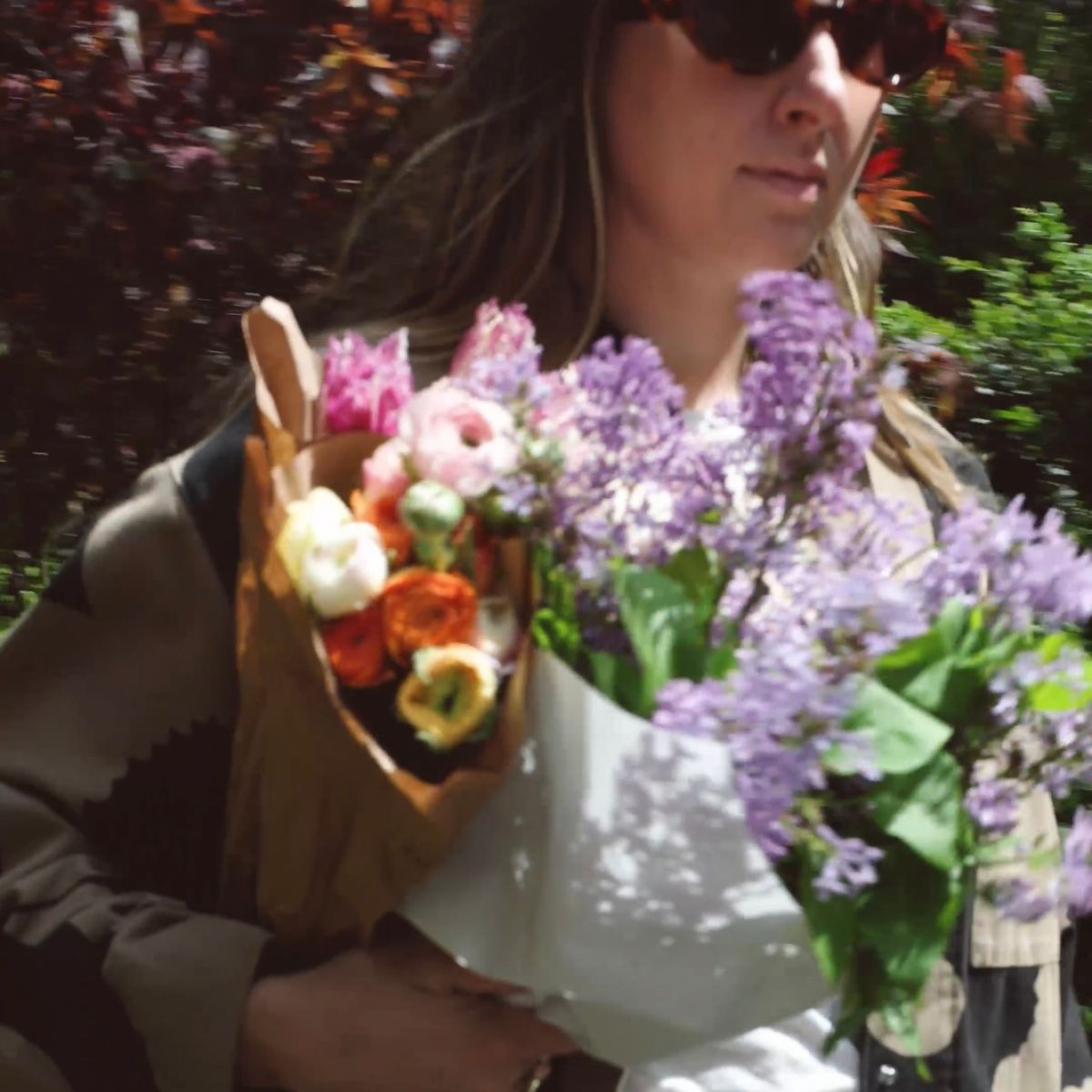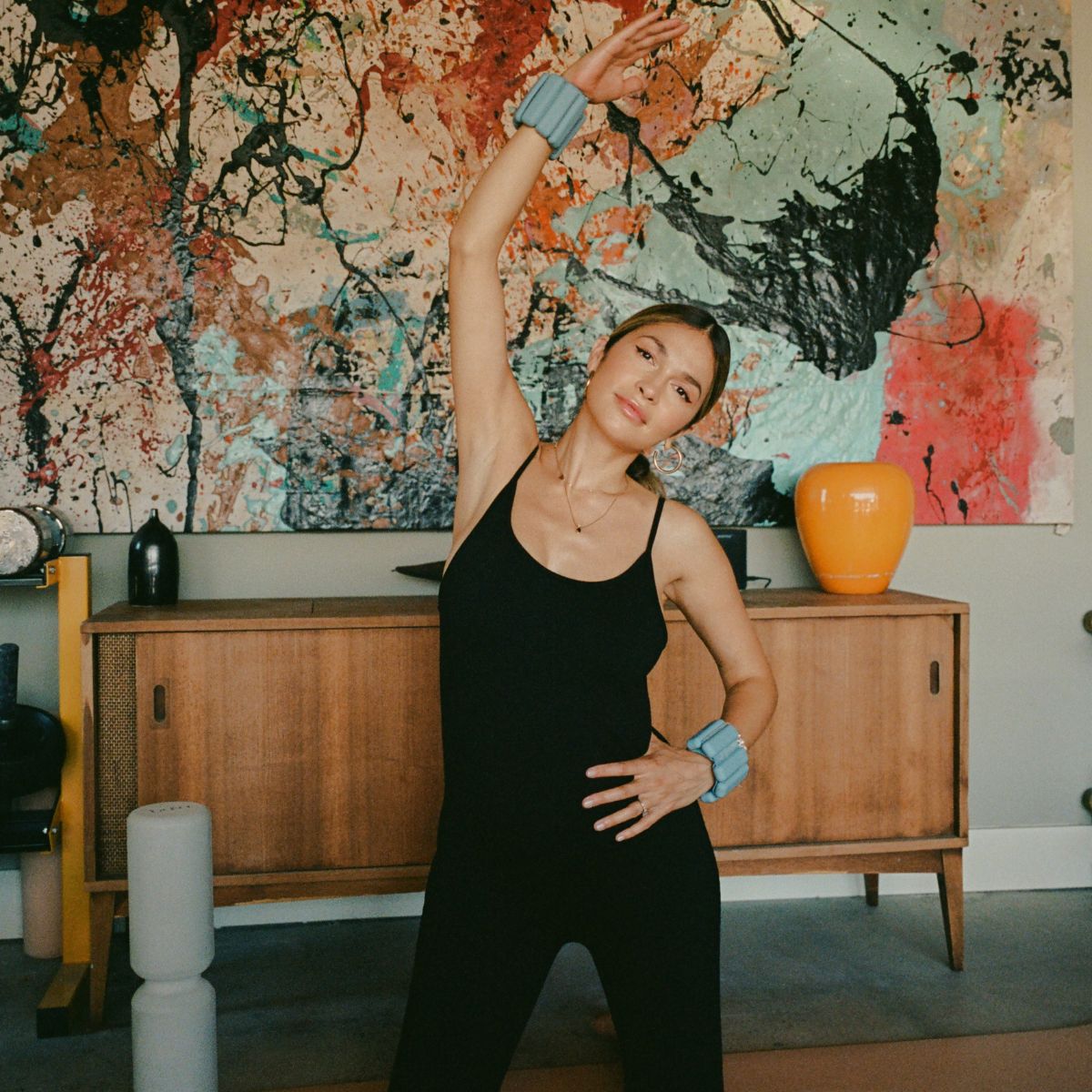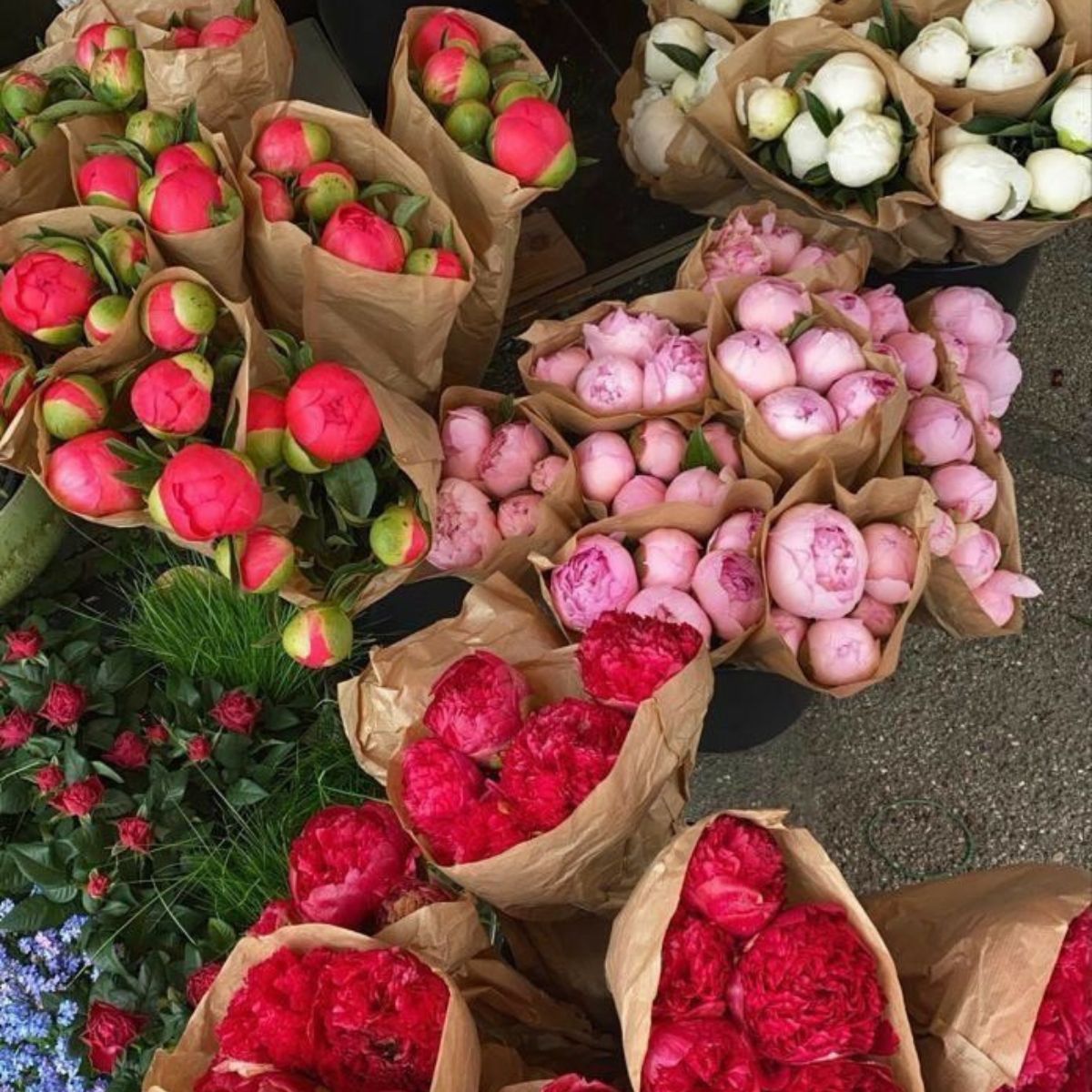Elizabeth welcomes the inspiring Allison McNamara, founder of the algae based clean skincare line MARA, known for its popularity among skincare enthusiasts and celebrities like Hailey Bieber and Chrissy Tiegan. Allison takes us on a journey back to her TV days as a host, producer, and journalist, sharing experiences from the red carpet where she interviewed celebrities and navigated various products. Drawing from these insights, Allison learned how to effectively communicate messages to the right audience, which also just happens to be one of her super powers.
In the conversation, Allison details the steps taken to develop and successfully launch the award-winning skincare line, now available at Sephora. She shares some of her favorite MARA products including the Universal Face Oil and the body oil, and how she personally uses them in her daily routine. Finally, she underscores the importance of dedicating a few precious minutes each day for personal rejuvenation.



